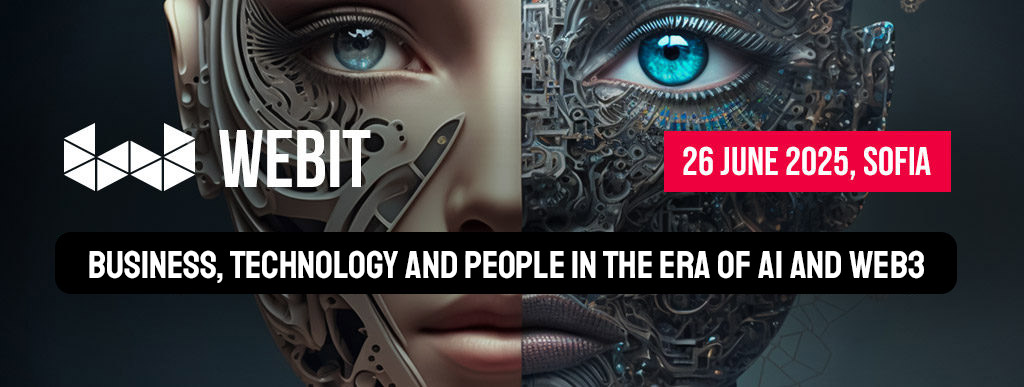In today’s rapidly evolving digital landscape, artificial intelligence (AI) is not just a buzzword — it’s a transformative force across industries. One of the most impactful areas where AI is driving significant change is in business processes, particularly within Enterprise Resource Planning (ERP) and Enterprise Performance Management (EPM) practices.
Why AI, and Why Now?
The modern enterprise faces an avalanche of data, increasing operational complexity, and relentless pressure to do more with less. Traditional ERP and EPM systems, while robust, often struggle to keep up with the pace of change. AI steps in as a game-changer — enabling smarter, faster, and more agile business operations.
AI in ERP: Automation, Insights, and Accuracy
AI empowers ERP systems by automating routine tasks, identifying patterns, and providing predictive insights. Here’s how:
- Automated Data Entry & Validation: AI-powered bots can handle repetitive tasks such as invoice processing, payroll, and inventory updates with minimal human intervention — improving accuracy and freeing up employees for more strategic work.
- Predictive Analytics: Machine learning algorithms analyze historical and real-time data to forecast demand, predict maintenance needs, or flag potential supply chain disruptions before they occur.
- Smart Decision-Making: AI enhances ERP dashboards with intelligent alerts and recommendations, helping leaders make data-driven decisions in real time.
AI in EPM: From Planning to Performance
EPM focuses on planning, budgeting, forecasting, and performance analysis — all areas ripe for AI-driven innovation.
- Enhanced Forecasting Accuracy: AI models can ingest vast amounts of structured and unstructured data to improve forecasting precision, helping businesses respond proactively to market shifts.
- Scenario Modeling: Advanced AI tools enable finance teams to simulate various business scenarios with greater accuracy, supporting better strategic planning and resource allocation.
- Anomaly Detection: AI algorithms continuously monitor performance metrics to detect outliers or trends that may signal risks or opportunities, enabling timely intervention.
The Human + AI Partnership
It’s important to note that AI doesn’t replace human expertise — it augments it. By handling the heavy lifting of data processing and analysis, AI allows professionals in finance, operations, and planning to focus on high-value activities like strategy development, stakeholder communication, and innovation.
Getting Started: Practical Considerations
Organizations looking to integrate AI into their ERP and EPM processes should:
- Start with High-Impact Use Cases: Identify repetitive, data-intensive tasks where AI can deliver quick wins.
- Ensure Data Readiness: AI thrives on quality data. Clean, well-structured, and accessible data is essential for successful implementation.
- Invest in Change Management: Adoption depends on user buy-in. Provide training and create a culture of continuous learning.
Looking Ahead
The integration of AI into ERP and EPM practices isn’t a distant vision — it’s happening now. Organizations that embrace this shift will not only operate more efficiently but also gain a significant competitive edge in forecasting, decision-making, and agility.
By weaving AI into the fabric of business processes, companies unlock the ability to adapt faster, execute smarter, and deliver value like never before.
Join the discussion and learn from global leaders in the industry on the 26th of June in Sofia. Webit: “Business, Technology and People in the Era of AI and Web3” is an exciting opportunity for industry leaders and experts to come together to discuss the latest trends and developments in the field of Web3 & AI in Business & Finance.
Check our ticket options here:
Business, Technology and People in the era of AI and Web3

